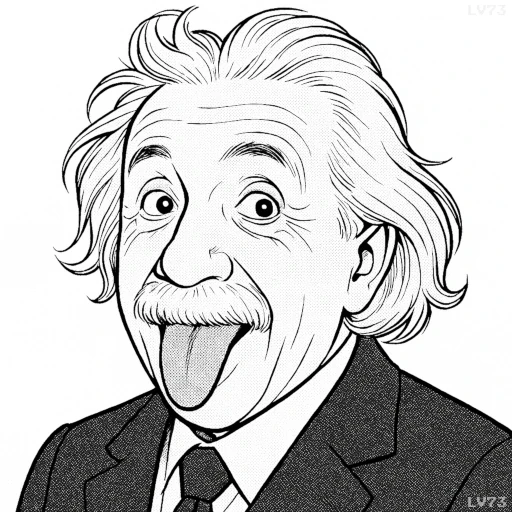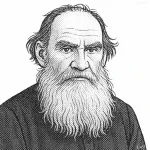“It is my conviction that killing under the cloak of war is nothing but an act of murder.”

- March 14, 1879 – April 18, 1955
- German-born Jew
- Physicist
table of contents
Quote
“It is my conviction that killing under the cloak of war is nothing but an act of murder.”
Explanation
In this quote, Einstein makes a strong ethical statement against the justification of killing in wartime, arguing that taking a life is fundamentally wrong, regardless of whether it occurs during war. By referring to “the cloak of war,” he suggests that war is often used to justify acts that would otherwise be considered immoral, such as murder. For Einstein, calling it “war” does not change the moral implications of taking a life; he sees it as a rationalization for actions that, outside this context, would be considered deeply unethical.
Historically, this view aligns with pacifist philosophies that challenge the moral foundations of war and militarism. Figures like Leo Tolstoy and Mahatma Gandhi shared similar convictions, advocating for nonviolence and emphasizing the inherent wrongness of killing, regardless of context. Einstein’s statement reflects his belief that war does not provide a moral shield for acts of violence and that we should critically examine the ethics of actions typically justified by conflict.
In today’s context, Einstein’s words challenge us to question the moral justifications of wartime actions and consider whether they align with universal ethical principles. His quote encourages a view of humanity that transcends political and national divides, reminding us to see the value of life even in times of conflict. This perspective fosters a commitment to nonviolence and compassion, urging us to pursue peace and diplomacy as alternatives to the violence often justified under the guise of war.
Would you like to share your impressions or related stories about this quote in the comments section?




